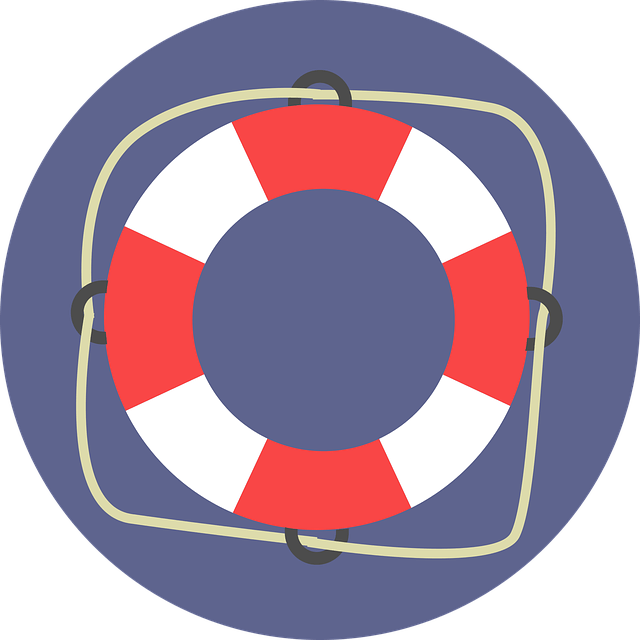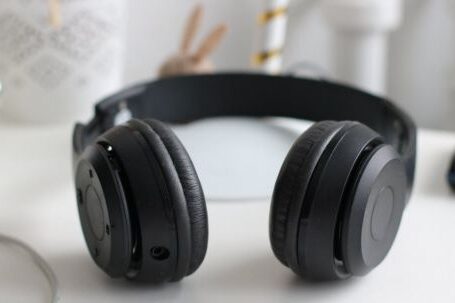The field of medical wearables has seen significant growth in recent years, with companies developing innovative technologies to monitor and improve health. These wearable devices are revolutionizing the healthcare industry by providing real-time data, empowering individuals to take control of their health, and enabling healthcare professionals to make more informed decisions. In this article, we will explore some of the companies that are leading the way in this exciting and rapidly evolving field.
Apple
It’s no surprise that Apple, known for its cutting-edge technology and user-friendly design, has made a significant impact in the medical wearables market. The Apple Watch has become a popular choice for fitness enthusiasts and health-conscious individuals alike. With features such as heart rate monitoring, ECG readings, sleep tracking, and fall detection, the Apple Watch is much more than just a smartwatch. It has the potential to detect and alert users of underlying health conditions, making it a valuable tool for both individuals and healthcare professionals.
Fitbit
Fitbit, a pioneer in the fitness tracker industry, has also ventured into the medical wearables space. Their range of devices, including the Fitbit Charge and Fitbit Versa, offer features such as continuous heart rate monitoring, sleep tracking, and activity tracking. Fitbit has partnered with various healthcare organizations and research institutions to gather data and gain insights into the correlation between lifestyle and health conditions. With their user-friendly interface and extensive data analysis capabilities, Fitbit devices are empowering individuals to make informed decisions about their health and well-being.
Google (Alphabet)
Google, under its parent company Alphabet, has made significant advancements in the field of medical wearables through its subsidiary, Verily. Verily’s wearable devices, such as the Study Watch, are designed to collect and analyze health data for clinical research purposes. These devices are equipped with sensors that can monitor various physiological parameters, including heart rate, sleep patterns, and activity levels. By partnering with pharmaceutical companies and research institutions, Verily aims to leverage the power of data to improve healthcare outcomes.
Medtronic
Medtronic, a global leader in medical technology, has been at the forefront of developing innovative medical wearables. Their devices, such as the MiniMed insulin pump and Guardian Connect continuous glucose monitoring system, are designed to help individuals with diabetes manage their condition more effectively. These wearables provide real-time data on blood glucose levels, enabling individuals to make informed decisions about insulin dosing and lifestyle choices. Medtronic’s continuous glucose monitoring systems have revolutionized diabetes management, reducing the need for frequent fingerstick testing and improving overall quality of life for individuals with diabetes.
AliveCor
AliveCor is a company that specializes in developing medical wearables for cardiac care. Their flagship product, the KardiaMobile, is a pocket-sized device that allows individuals to take medical-grade ECG readings anytime, anywhere. With the KardiaMobile and its accompanying app, users can record and share ECG readings with their healthcare providers, enabling early detection and management of heart conditions. AliveCor’s innovative technology has the potential to revolutionize cardiac care, allowing for more proactive and personalized treatment approaches.
In conclusion, the field of medical wearables is rapidly evolving, and several companies are leading the way in developing innovative devices that have the potential to revolutionize healthcare. From Apple’s feature-packed Apple Watch to Fitbit’s user-friendly fitness trackers, these companies are empowering individuals to take control of their health. Google’s Verily subsidiary is using data analysis to improve healthcare outcomes, while Medtronic’s devices are transforming diabetes management. Meanwhile, AliveCor’s cardiac care wearables are enabling early detection and proactive treatment of heart conditions. As technology continues to advance, it is exciting to see how these companies and others will shape the future of medical wearables and contribute to better health outcomes for individuals worldwide.




